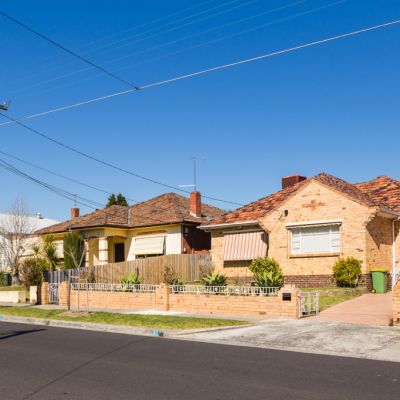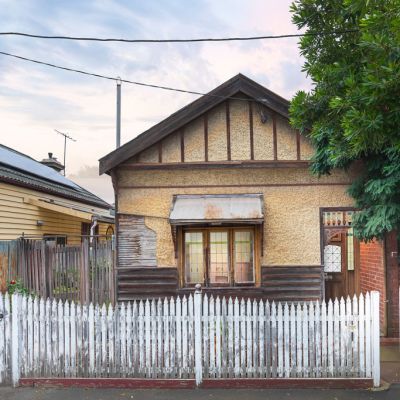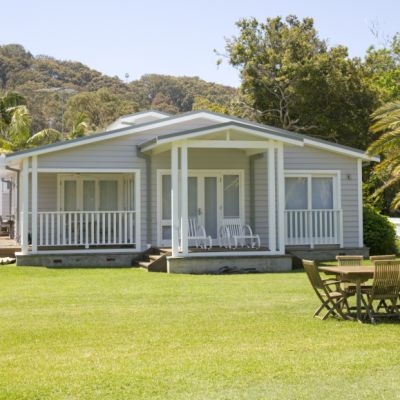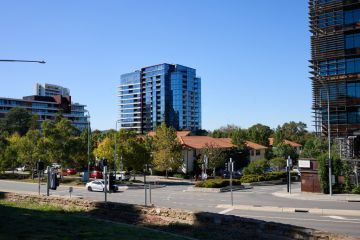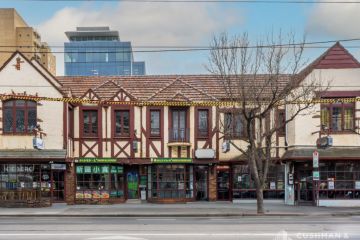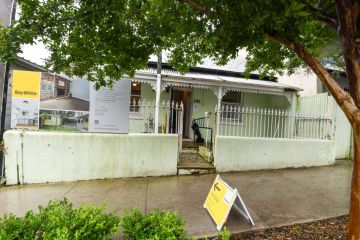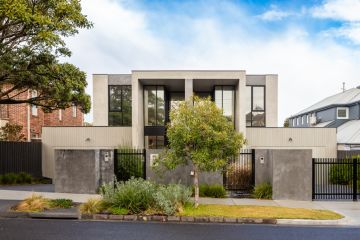How will high unemployment affect Australia's property market?
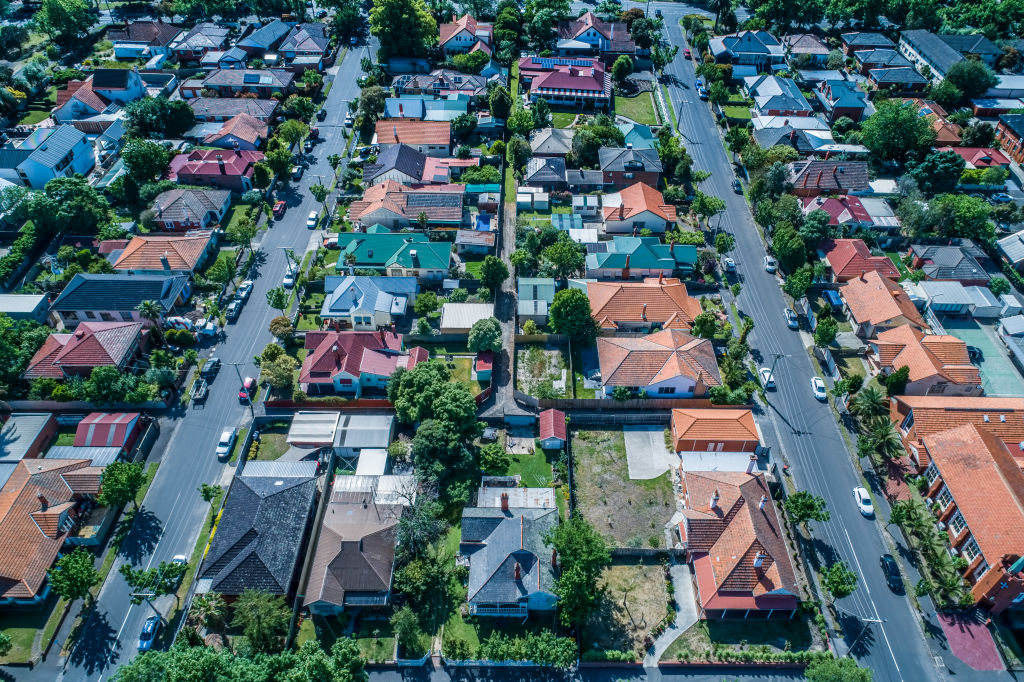
High unemployment is likely to have a larger impact on the housing market than during the last recession in the early 1990s, economists say, particularly if lockdown measures extend past winter.
Australia’s unemployment rate remained unchanged at 5.2 per cent for March, according to Australian Bureau of Statistics data released on Thursday, but economists have predicted the effects of COVID-19 job losses would start to be seen in April.
“I wouldn’t break out the champagne to say we’ve missed the bullet, I would say it’s coming next month,” NAB chief economist Alan Oster said.
The ABS Labour Force Survey for March only captured the first half of the month, before most of the COVID-19 restrictions were implemented.
Mr Oster said if the survey were done now, the unemployment rate would likely already have reached 7 per cent.
Earlier this week the federal treasury predicted unemployment to reach 10 per cent by the end of June – just shy of the rate seen during the 1990-92 recession.
Mr Oster said while property prices only fell by roughly 6 per cent across the capital cities at that time, this rapid rise in unemployment could have a much greater impact on the housing market.
“Suddenly unemployment is going to go up to where it was in the 1990s, but in the 1990s it took two years to get there, now it’s taking a couple of months to get there, so I think that’s a very different dynamic,” he said.
“We could see a 10 to 15 per cent fall in house prices over the next 12 months.”
Domain economist Trent Wiltshire said restrictions on inspecting properties and holding auctions had slowed the property market and, coupled with high-unemployment, that would see prices continue to slump.
“People whose incomes have fallen will be less able, and less willing, to take out a mortgage and buy their first home, upgrade or downsize,” Mr Wilshire said.
St George Bank chief economist Besa Deda said the government’s JobKeeper payment would help to mitigate the rise in joblessness, but only by so much.
“It won’t be enough to avert a rise in the unemployment rate and a rise to a level that we haven’t seen in some time,” Ms Deda said.
She said interest rates and job security both had a large effect on the property market.
“It’s quite clear that the cash rate will remain low for quite some time,” she said.
“But while we’ve got low and attractive interest rates, households are unlikely to have job security while we’re in the thick of this coronavirus.”
Consumer confidence was also low, Ms Deda said, making it more unlikely that people would be looking to buy property. She said “nervousness” from consumers could possibly be seen long after the COVID-19 restrictions were lifted.
“I think our behaviours will not immediately go back to what they were,” she said.
“We might initially see something like a U-shaped recovery, rather than a very sharp V-shaped recovery. Once confidence returns and the economy starts to recover, we could see some momentum build in the housing market, given that interest rates are very low.”
Mr Oster said while the property market was not badly affected by the last recession, an unemployment rate of 8 per cent or higher usually meant “grief” for house prices.
“Unemployment still matters, and if we’re still talking about unemployment at around 7 per cent or thereabouts at the end of next year, there’s still going to be a lot of pressure on house prices over the course of the next 12 months,” he said.
Mr Wiltshire said it was difficult to know how the predicted recession would affect the housing market, as it was so different to any previous crash.
“If the lockdown is quite short the market might rebound quickly, but an extended downturn will likely have a big impact on prices and sales,” he said.
We recommend
We thought you might like
States
Capital Cities
Capital Cities - Rentals
Popular Areas
Allhomes
More
